
Key Takeaways
- GT Bikes is currently owned by Pon Holdings.
- It was previously owned by Dorel Industries, which acquired Pacific Cycle in 2004.
- GT Bikes participates in various community and sponsorship programs.
GT Bikes has been a prominent and influential player in the cycling industry for decades. But who exactly owns GT Bikes?
GT Bikes is owned by Pon Holdings. This acquisition was part of a larger deal that involved other bike brands like Cannondale, Schwinn, and Mongoose. It enriched Pon Holdings' impressive portfolio with more diversity in the cycling industry.
Over the years, I’ve diligently researched and closely followed the developments within the cycling world, including the ownership of renowned brands like GT Bikes. My experience in this field enables me to provide accurate and comprehensive insights into the ownership structure and the brand's standing within the bicycle industry. As such, I’ll deliver a trustworthy and informative exploration of GT Bikes' ownership and its significance in the cycling community.
Who Owns GT Bikes?
GT Bicycles is a brand renowned for its pioneering contributions to BMX and mountain biking. Imagine cruising on a bike that is rooted in dirt and designed for fun and freedom.
That's what GT has been all about since the very beginning. They started with the creation of BMX bikes and evolved to design rugged and high-performance mountain bikes. Their journey has been filled with the exhilaration of BMX tracks and the thrill of conquering mountainous terrains.
GT Bicycles is now owned by Pon Holdings, a Dutch conglomerate. This ownership signifies a new chapter in the brand's history, building upon a foundation of quality design and sporty performance.
Now, let’s explore the history of GT bikes and its ownership change and public offering.
The History of GT Bikes
In 1972, Gary Turner, a skilled welder and professional drag racer, embarked on a unique project in his Fullerton, California, garage. He crafted a bicycle frame from 4130 chrome-moly tubing, known for its strength and lightness, for his son Craig Turner to race at the BMX track.
During that era, most frames were modified Schwinn Stingrays, which were heavy and prone to breaking under BMX racing and jumping demands. Gary's innovative frames quickly gained attention at the BMX track, leading him to create frames for other young riders.
The pivotal moment came in 1976 when Gary Turner started producing frames for a Pro Shop in Orange County, California.
Richard Long, recognizing the popularity of Gary Turner's BMX frames, approached Turner in 1977 to supply his bicycle shop in Anaheim, California. Turner agreed, marking the inception of GT Bicycles.
Initially, these frames carried the "Gary Turner" label, as evident from the frame stickers. Rapid expansion followed, prompting Richard and Gary to invest in a dedicated manufacturing facility for top-quality BMX frames in California.
Later, they officially incorporated GT Bicycles, Inc., with "GT" signifying the founder's initials, Gary Turner. Richard managed the business and marketing aspects, while Gary led engineering and production. Check out this video for more information on the history of GT Bikes.
Ownership Change of GT Bikes
In 1998, GT Bicycles took a significant step by becoming a publicly traded company. Shortly thereafter, it merged with Questor Partners, the parent company of another renowned bicycle brand, Schwinn.
This merger aimed to create a formidable presence in the cycling industry by combining the strengths of both companies. However, the journey ahead was not without its challenges.
The conglomerate faced financial turbulence, leading to bankruptcy in 2001. During this period of uncertainty, the fate of iconic brands like GT Bicycles hung in the balance.
It was in 2004 that a new chapter began with the acquisition of the conglomerate by Pacific Cycle, a prominent player in the bicycle industry.
Under the ownership of Pacific Cycle, GT Bicycles found stability and continued to evolve as a brand. The relationship between the two entities allowed GT Bicycles to maintain its legacy of innovation and excellence in the cycling world.
The brand continued to produce a wide range of bicycles, from BMX to mountain bikes, catering to the diverse needs of cyclists.
However, the story took another turn in the cycling industry's landscape in 2021. On October 11, 2021, Dorel Industries, the parent company of Pacific Cycle and, thus, GT Bicycles, made a significant strategic decision.
Dorel Industries opted to sell its entire bike division to Pon Holdings. This monumental transaction included GT Bicycles and well-known brands like Schwinn and Mongoose.
The sale to Pon Holdings marked a noteworthy transition in the ownership and direction of GT Bicycles. While it signaled the end of Dorel Industries' chapter in the cycling world, it opened a new door for GT Bicycles under the umbrella of Pon Holdings.
Technological Advancements in GT Bikes
You've probably noticed the GT Bikes’ world is constantly evolving, with new technologies making bikes faster, lighter, and more efficient. Whether it's for casual commuting or professional racing, the advances are as exciting as they are useful.
Below is a simple table outlining some of the key technological advancements in cycling, particularly focusing on innovations by GT Bikes:
The GT Bikes Community Engagement and Sponsorships
The GT Bikes Community Engagement and Sponsorships program is a multifaceted approach that underscores the brand's dedication to the cycling community.
It involves collaborations with accomplished athletes and cycling teams, where GT Bikes often provides equipment, financial support, and resources to help them excel in their endeavors.
Additionally, the program extends to sponsorship of key cycling events and races, further enhancing the brand's visibility and presence within the cycling world.
Beyond sponsorship, GT Bikes actively engages with local and global cycling communities. This includes organizing and participating in community rides, workshops, and events to promote cycling culture and education.
The brand also frequently supports initiatives that aim to improve cycling infrastructure and safety.
Frequently Asked Questions
You've seen GT bicycles on trails, at the BMX track, and ridden by enthusiasts on city streets. GT Bikes has a storied history, and if you're like many fans, you might be curious about the brand's current ownership and how it shapes up today.
Let’s explore some of the most asked questions about this iconic cycling brand.
How does GT Bicycles fit within the portfolio of its parent company?
GT Bicycles complements the diverse portfolio of its parent company by adding an edge of action sports appeal, especially in the BMX and mountain biking spaces. It's a brand that maintains its unique identity while benefiting from the resources of a larger conglomerate.
What impact did the acquisition have on the manufacturing of GT bikes?
The acquisition paved the way for investment in cutting-edge manufacturing technologies, thus potentially improving the quality and innovation of GT bikes. This resulted in enhanced design capabilities and access to a larger distribution network.
How has GT's affiliation with its current parent company influenced its bike models?
Since Pon Holdings took ownership, GT Bicycles has continued to honor its heritage while also expanding its offerings. GT's models have seen influences from broader design and technological advancements, ensuring that each bike stays competitive and relevant in the market.















































































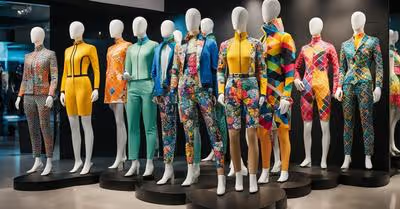




























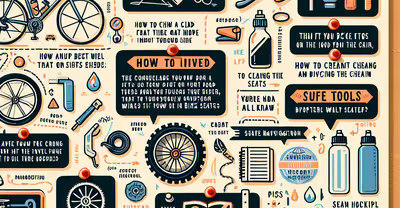


























































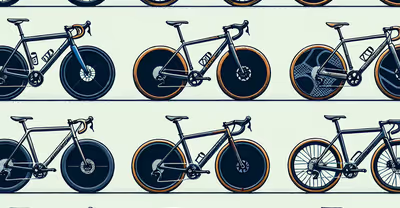

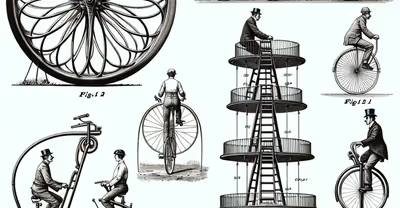



























































































































































































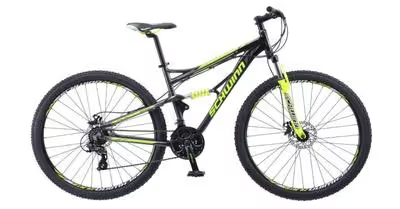























































































































































































































































































































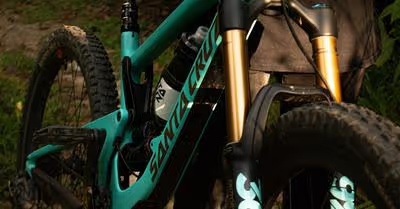


















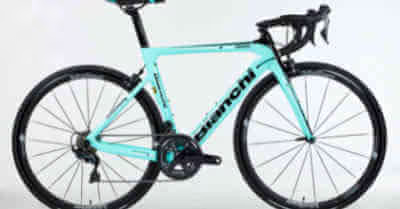


































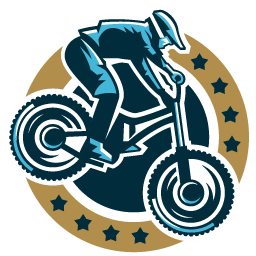
.avif)
